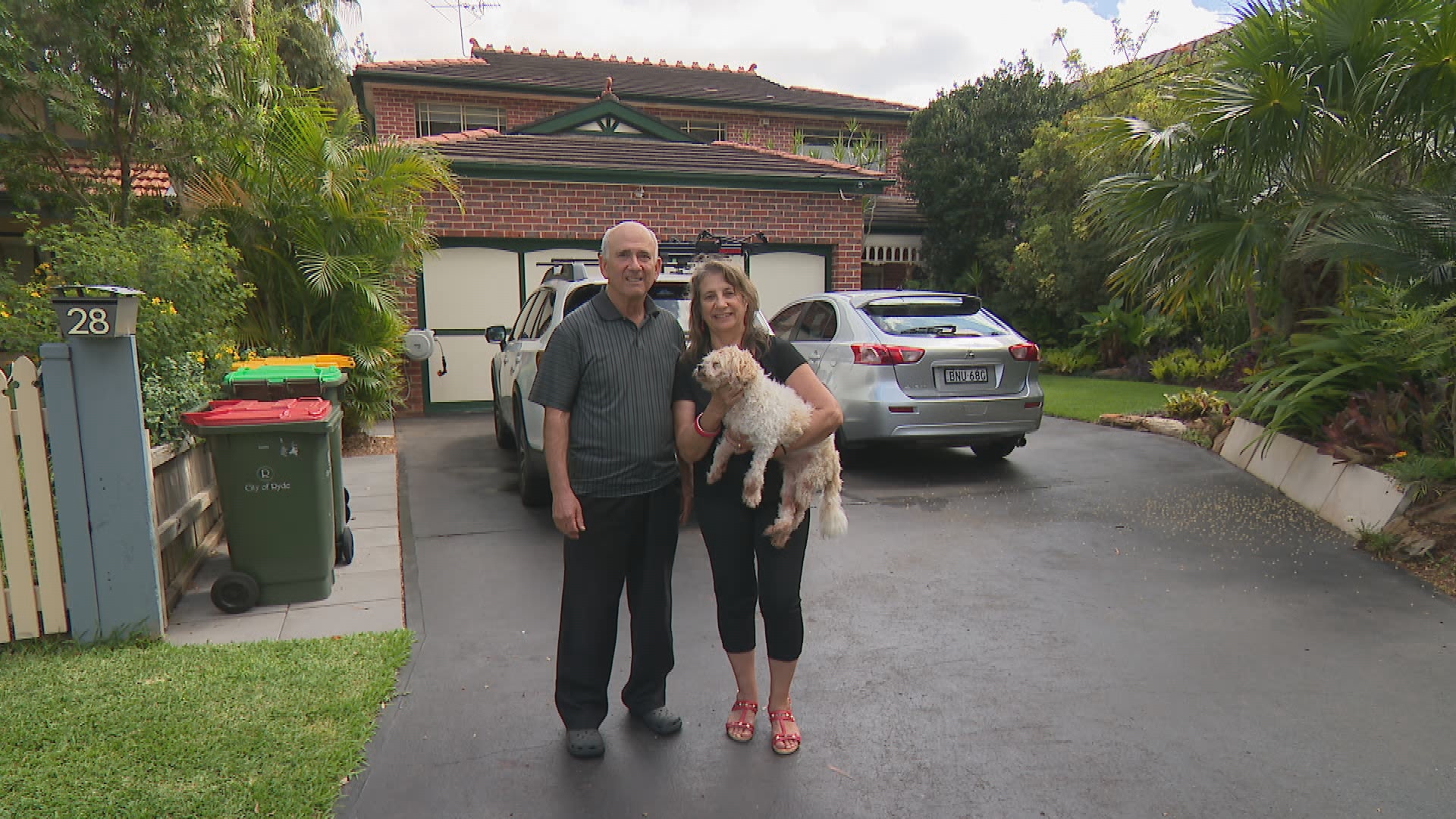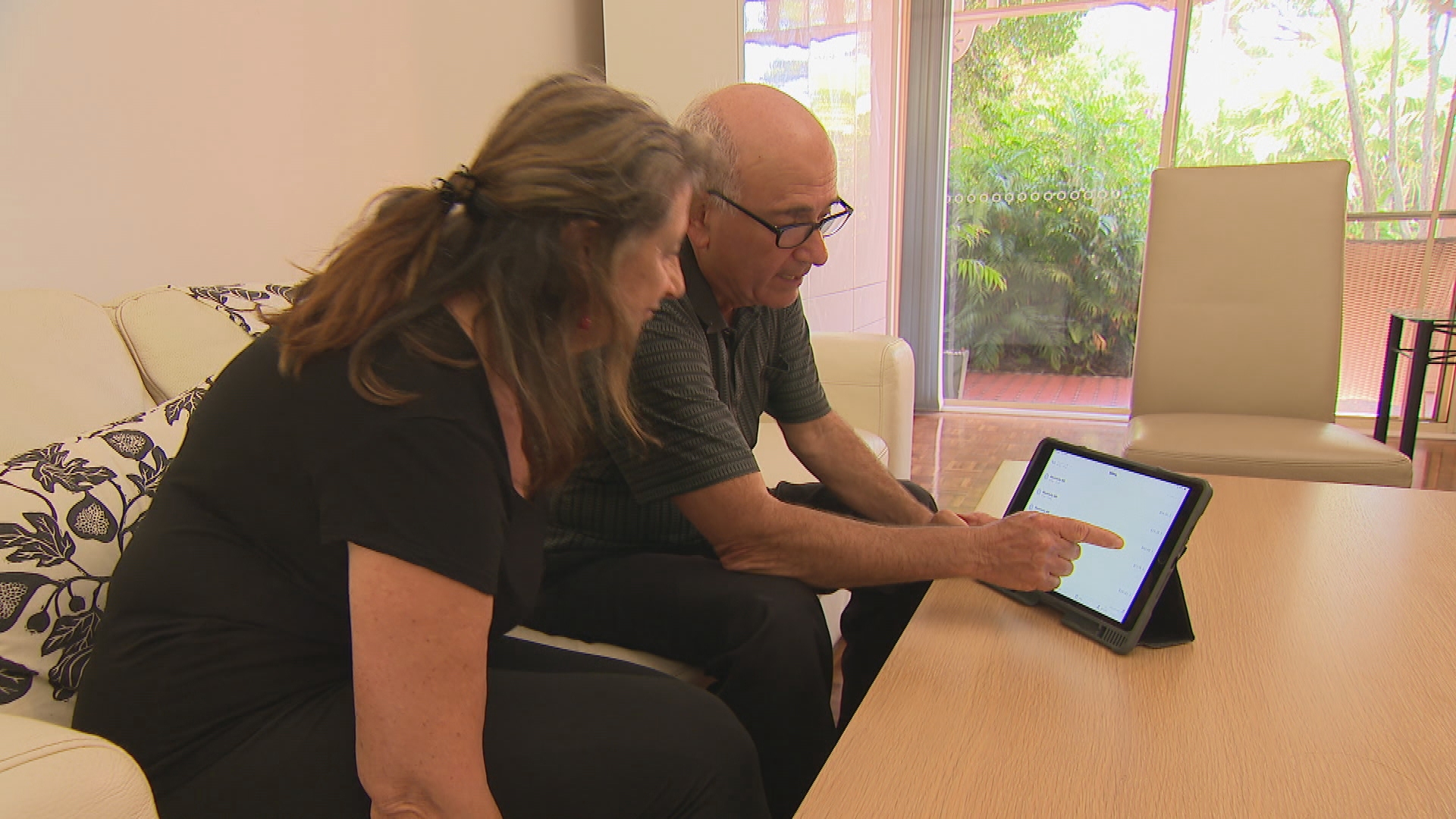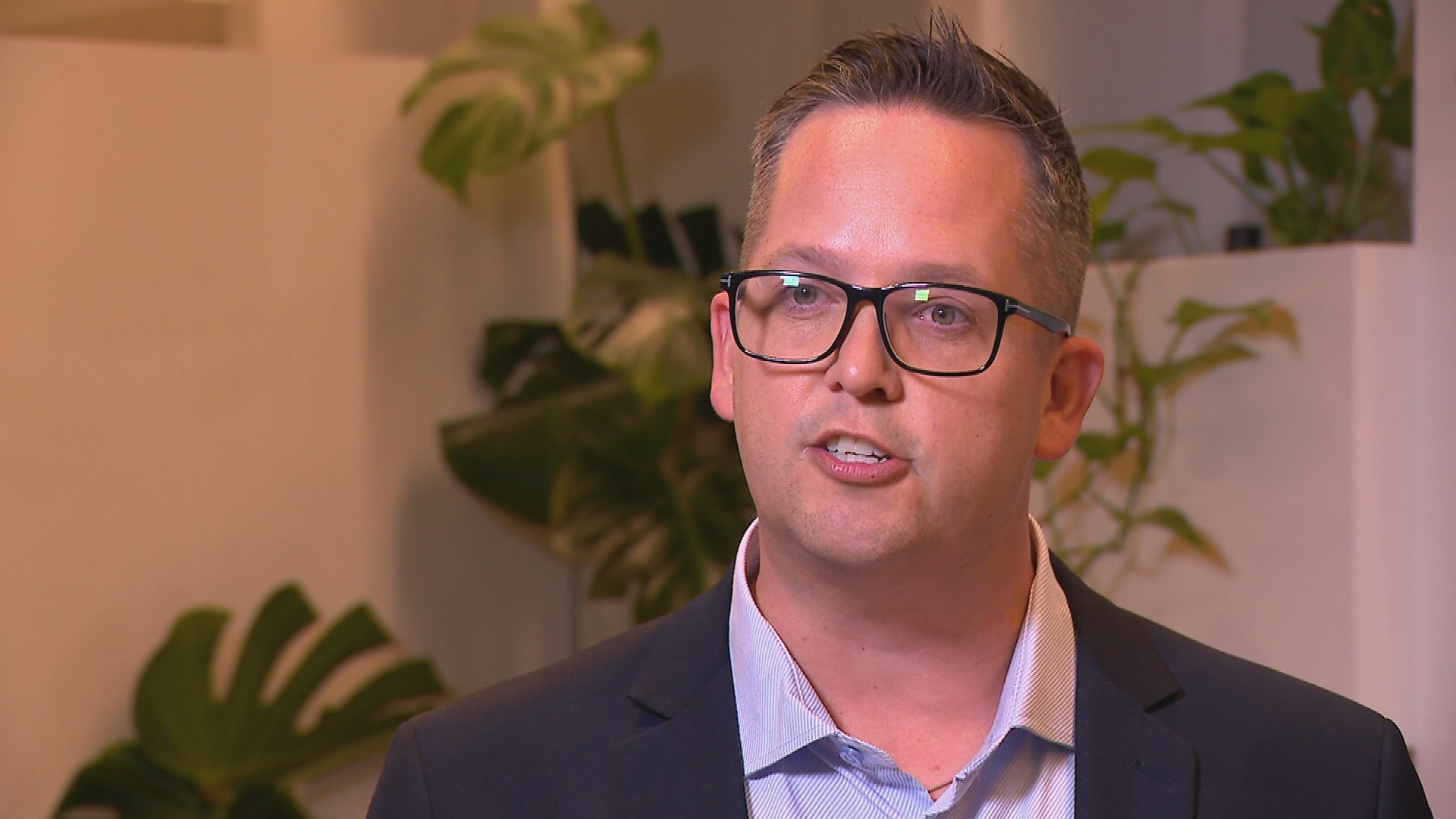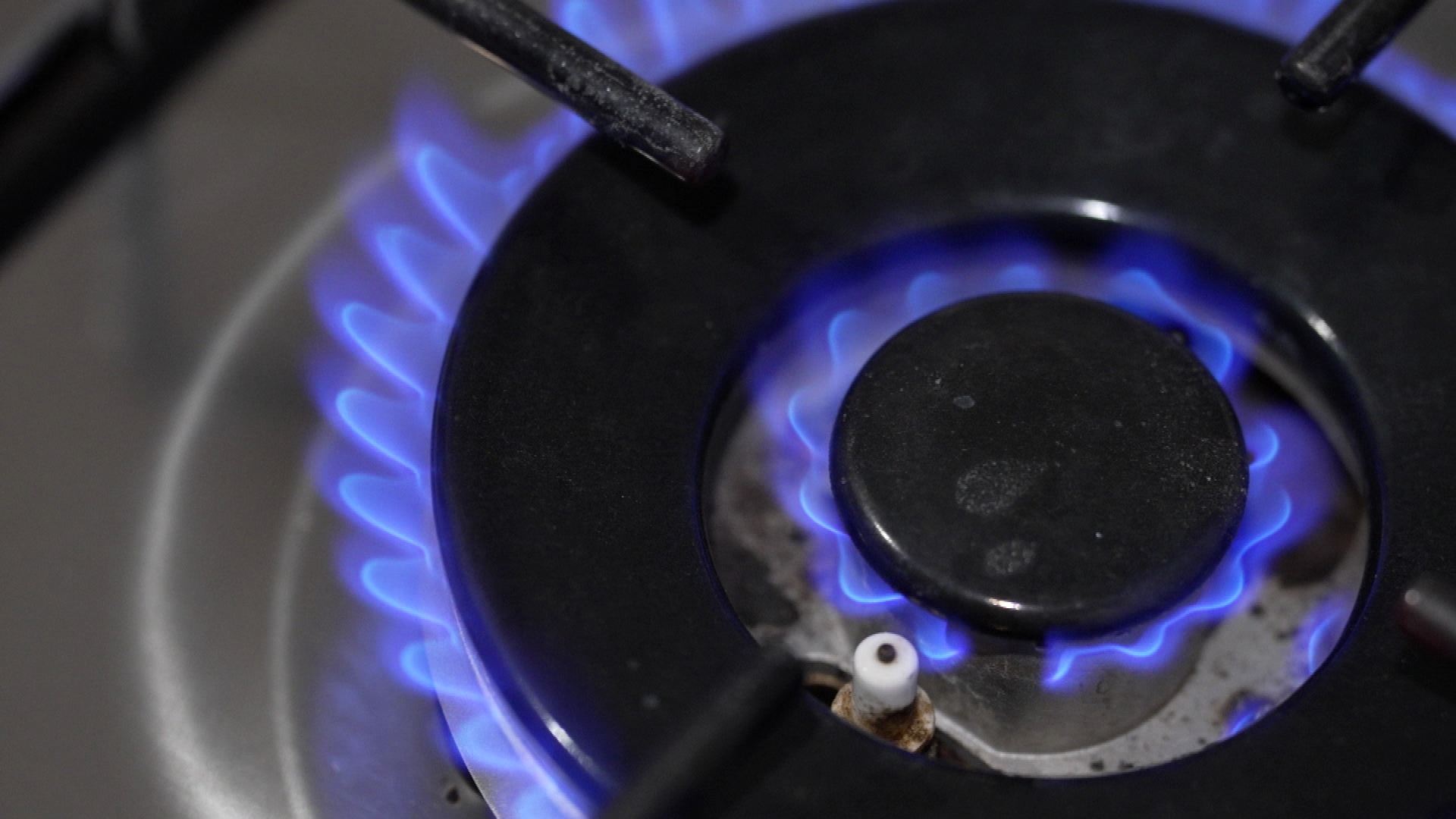Swapping household appliances to green electric alternatives can cut energy bills and carbon emissions.
A new national tool, which launched on Thursday, is helping Australians make the switch to cost saving alternatives but it comes with a warning from consumer associations that those left behind could end up paying more.
Annette and Dennis Kleinberg's monthly energy bills hurt a lot less than they used to after they "electrified their home".
READ MORE: Shipwreck discovered south of Kangaroo Island after 90 years

The grandparents from Gladesville on Sydney's lower north shore spent $7800 on solar panels, which they're forecast to be be paid back in bill savings in four and half years.
But the maths on making the switch can be complicated, so a new online tool has been launched to help add it all up.
Following a successful pilot, energy provider AGL launched the online tool Electrify Now for all Australians.
"It provides them with personal recommendations and estimates specific to how they've been using energy in their home," AGL's Jeremy Brook told 9News.
Using your most recent bills from any energy provider, it weighs up costs and rebates to personally predict savings and a payback period across a range of products, including solar, home batteries and electric vehicles.
Topping the search list has been appliances that axe gas.
"We saw a lot of interest in induction cooktops, and that interest continues but we're also seeing hot water heat pumps are really popular," Brook said.
The transition away from household gas is gathering steam, with some councils across the country considering banning new connections altogether.
Since 2021, consumption has steadily declined but the trouble is supplies are dropping even faster.
"Those costs will be shared between fewer and fewer people and quite often those people are those that can't afford to make those changes," Liz Stephens from Energy Consumers Australia told 9News.






